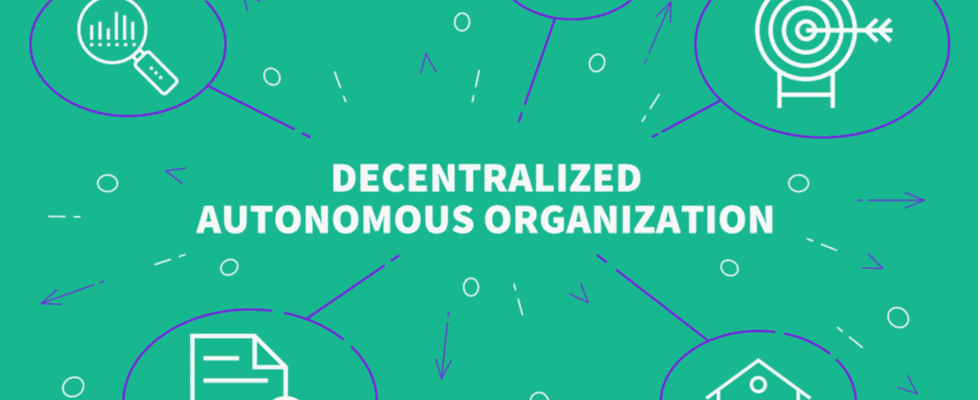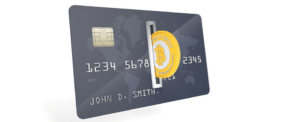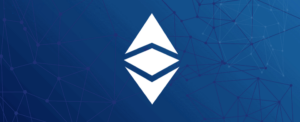A crypto DAO, or Decentralized Autonomous Organization, was a concept that originated in 2016 among cryptocurrency developers. Their intention was to innovate on the traditional structure of a corporation by automating and decentralizing various processes usually conducted by human executives. Futhermore, crowdfunding via Buy cryptocurrency can replace or augment regular funding conducted through stock markets.
In simple terms, a DAO can be considered as any corporation that is run without the involvement of humans, exists mostly online and is so unbound by the laws of any particular nation, and is under the control of a set of incorruptible business rules. The implementation of these rules is done via open-source software that can be audited by the public and distributed through the computers of its shareholders. A human can become a stakeholder by either buying the stock in the company or when he is paid in that stock in exchange for the rendered services.
The operational framework of a DAO
Any DAO has six interrelated functional parts, which are:
- Scope
- Value
- Stake
- Technology
- Gains
- Governance
What is the scope?
At the centre of the crypto DAO revolution are the users. The DAO forms the the architectural backbone to support_ user actions within the system. Collaborative / cooperative / participative functions are all user based, while autonomous, distributed / decentralized functions are architecture-based.
What are the value units?
What one gets in return for his or her stake can have various forms. While the share (an option / warrant for shares) makes up the traditional instrument, it can also come in the form of a reward, token and even as a cryptocurrency. The tokens in this scenario can have many other applications, since they represent the usage rights of products or the rights of ownership that are tied to intrinsic value.
The kinds of ownership stake
Getting involved in any DAO can be done in three ways: 1. Shares/tokens/cryptocurrency can be purchased 2. It can be granted 3. One can earn them. Earning is the most interesting of the three, since it includes active or passive work, like software development, finding bugs or any other work that the DAO may require.
Appreciation of Gains
In a DAO, profits sharing and participation in the form of dividends does not exist; they are replaced by special voting rights or by granting special status.
Governance and Transparency
Although it may not be easy, getting governance right has to be done. Autonomy should not be confused with anarchy here. This means that one has to think about the parts of governance, active or passive involvement of the stakeholders and so on. Regardless of all of these, having transparent governance is necessary.
Crypto-based technologies
Protocols and platforms based on cryptocurrency and blockchain technology are nothing more than enablers. These protocols can either be like Etherum or Bitcoin, for a general purpose, or like Maidsafe (used for decentralized storage) and La‘Zooz (designed for decentralized transportation).
Getting a DAO is a gradual and stepwise process wherein building upon these blocks is the key. When one sets out to work on that, a DAO with purity in its implementation must be compulsory. Though it may not be a walk in the park, it will surely be rewarding!



